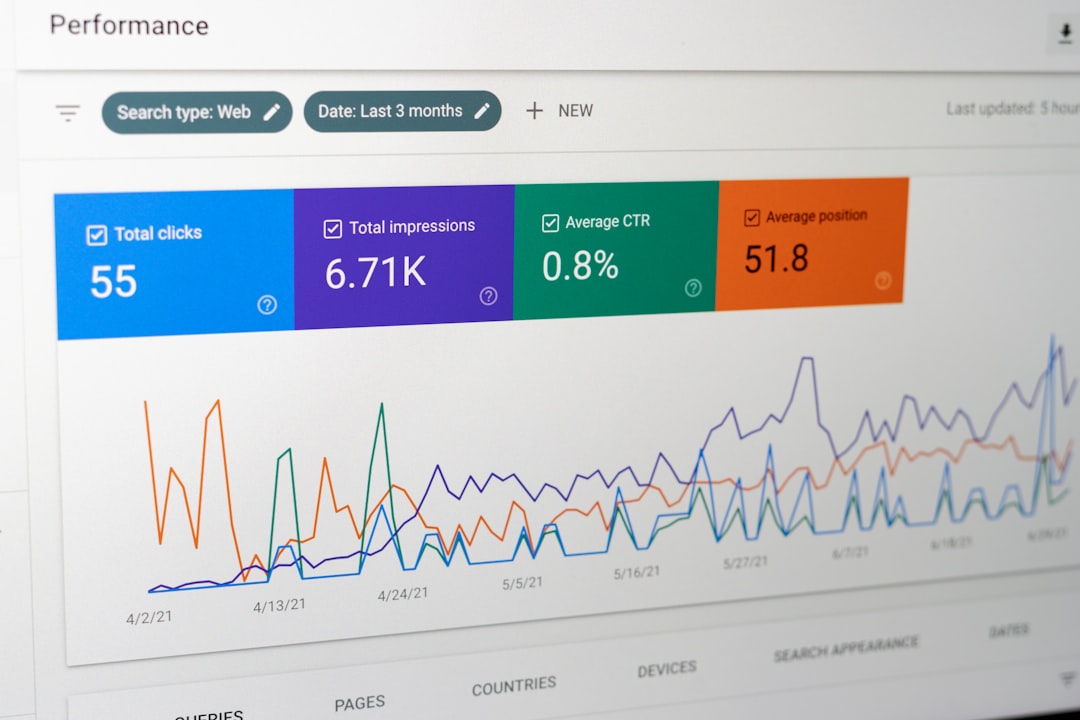In today’s competitive real estate market, leveraging digital tools effectively is no longer optional—it’s essential. Among the most critical tools for modern realtors is Customer Relationship Management (CRM) software. A well-maintained CRM system can do more than just store contact details; it can streamline communication, enhance lead nurturing, and ultimately close more deals. Below, we explore five proven CRM strategies that realtors should implement to thrive in this dynamic industry.
1. Centralize All Client Information
The cornerstone of an effective CRM strategy begins with the centralization of all client data. Modern CRMs allow realtors to store every interaction, document, and transaction detail in one place. This eliminates the need to sift through emails or spreadsheets, ensuring that every touchpoint with a client is informed and timely.
By systematizing this data, agents can easily segment clients, track preferences, and personalize follow-ups. Whether it’s a phone call from a prospect or a final closing date, every detail logged into the CRM becomes a crucial part of building stronger relationships.
2. Automate Follow-Ups and Touchpoints
Consistent follow-ups are essential in real estate, yet they often fall through the cracks due to busy schedules. This is where CRM automation tools become invaluable. Agents can set reminders and workflows to ensure that prospects receive timely calls, emails, and other personalized engagement.
For instance, a lead who viewed a home two days ago can automatically receive an email with similar listings or a prompt for feedback. Keeping the prospect engaged and informed builds trust, and a good CRM can do this without manual oversight.

3. Leverage Data Analytics for Smarter Decision Making
Data-driven decisions give modern realtors a powerful competitive edge. Most advanced CRMs come equipped with built-in analytics that provide actionable insights. Realtors can analyze metrics such as email open rates, lead conversion times, and source of highest-qualified leads.
This data helps agents refine their sales funnels and marketing strategies. For example, if most conversions come from a specific zip code or price range, your outreach can focus more heavily in those segments—optimizing both time and marketing spend.
4. Integrate CRM with Marketing Platforms
Another key strategy is integrating your CRM system with various digital marketing platforms. Syncing your CRM with tools like email marketing services, social media schedulers, or lead-generating websites creates a seamless pipeline. As lead data flows in, it’s automatically categorized, scored, and followed up with, based on set criteria.
This integration enhances lead nurturing and ensures no prospect is overlooked. Automation can also handle everything from generating welcome messages for newsletter sign-ups to scheduling property viewing reminders.

5. Enhance Client Retention with Personalization
Long-term success in real estate doesn’t just rely on acquiring new clients—it’s equally about retaining past customers. Your CRM can become a powerful retention tool through strategic personalization. By analyzing past client interactions, agents can send birthday messages, anniversary reminders, or personalized check-ins a year after a home purchase.
Further, if your past clients are beginning to consider selling again, your CRM can alert you based on market behavior or custom triggers. This enables realtors to maintain relationships and capitalize on repeat business or valuable referrals.
Conclusion
Investing in a CRM system without a strategy is like owning a luxury car without a destination. When used smartly, CRM software offers modern realtors a robust framework to manage, grow, and retain their client base. By embracing these five proven strategies—centralizing client data, automating follow-ups, using analytics, integrating with marketing, and enhancing personalization—realtors can significantly improve both efficiency and profitability in an ever-demanding market.
The future of real estate is driven by technology, and CRM stands at its core. Applying a strategic approach today ensures you’re not just keeping up with the industry—but staying ahead of it.



Leave a Reply